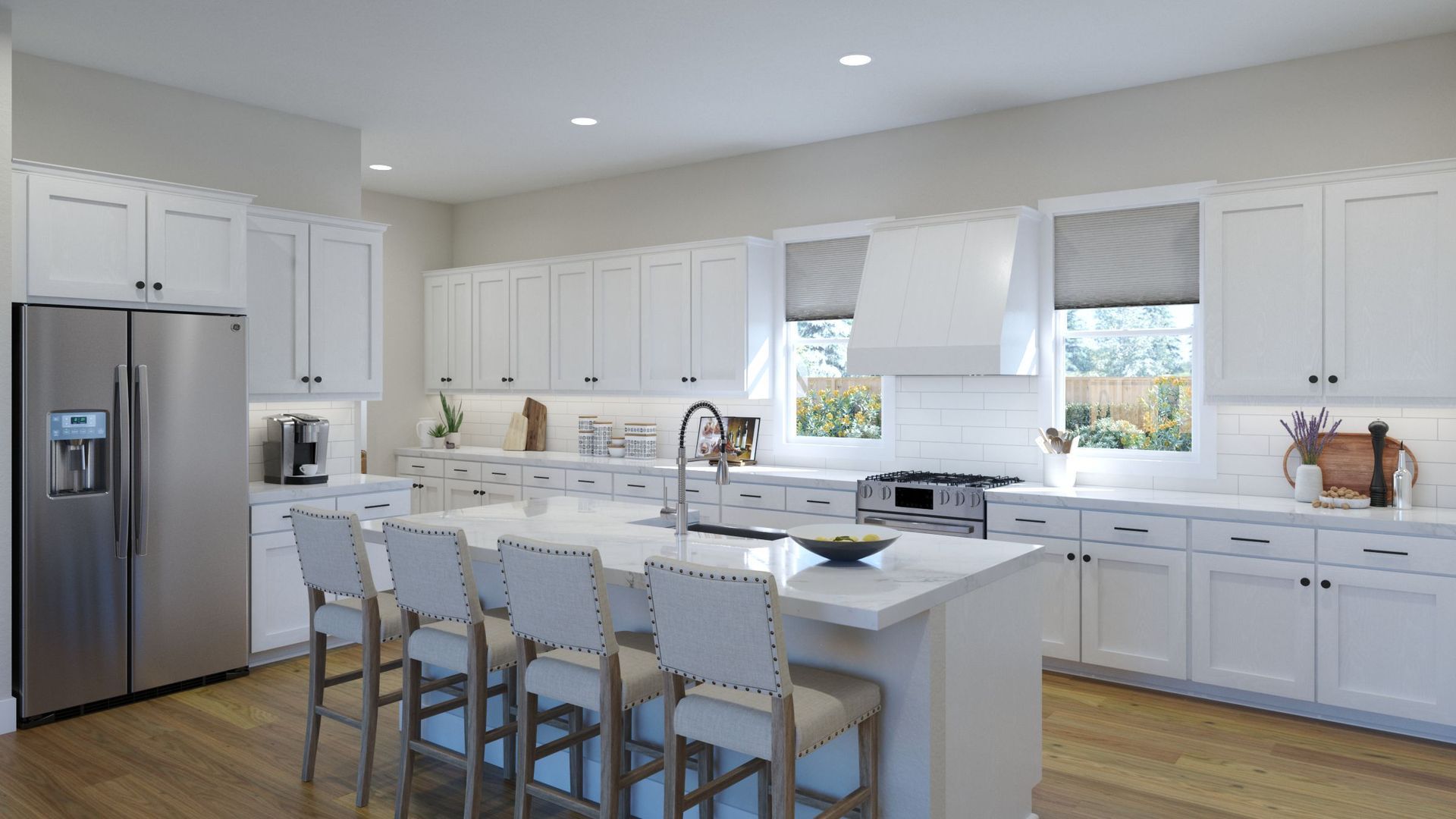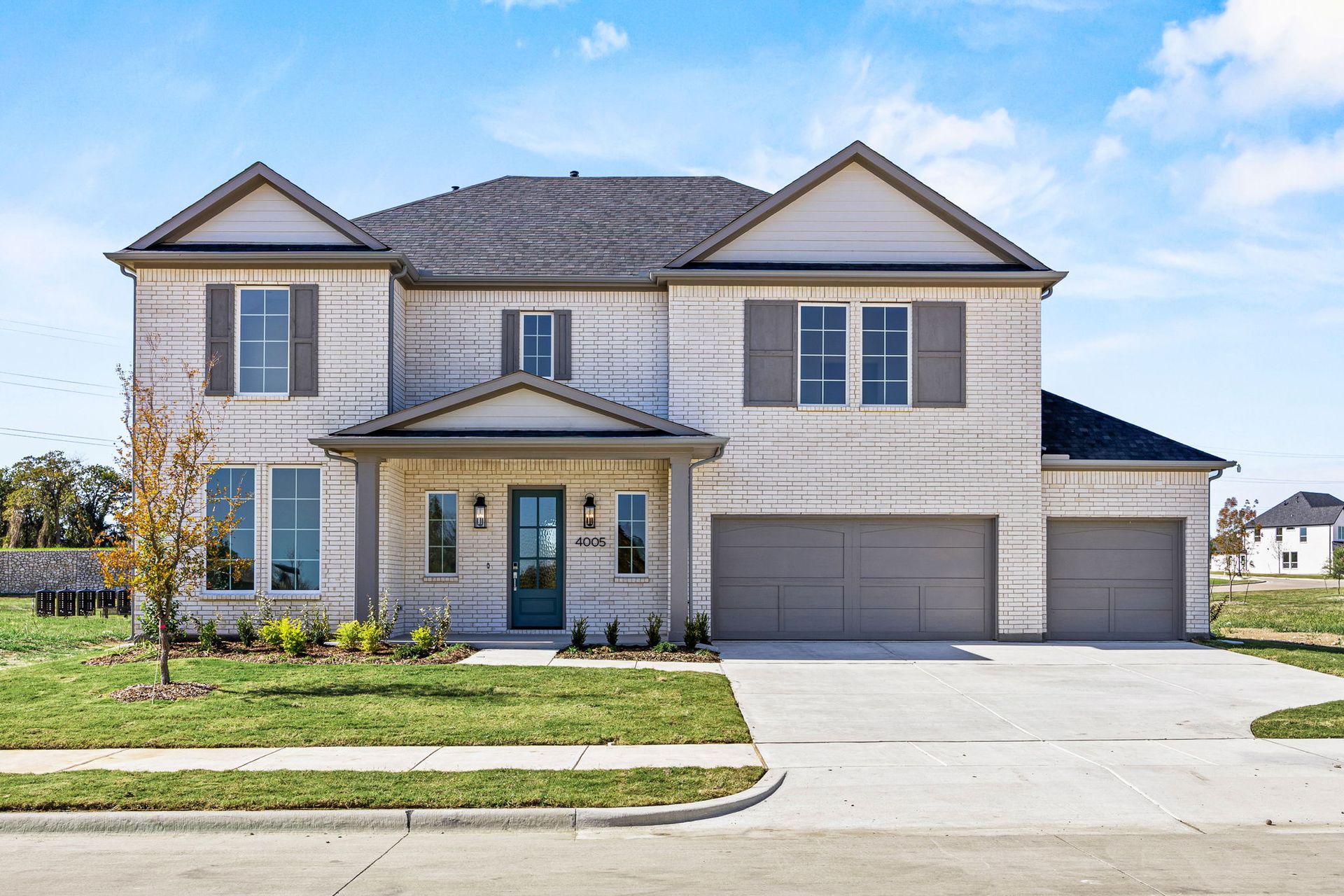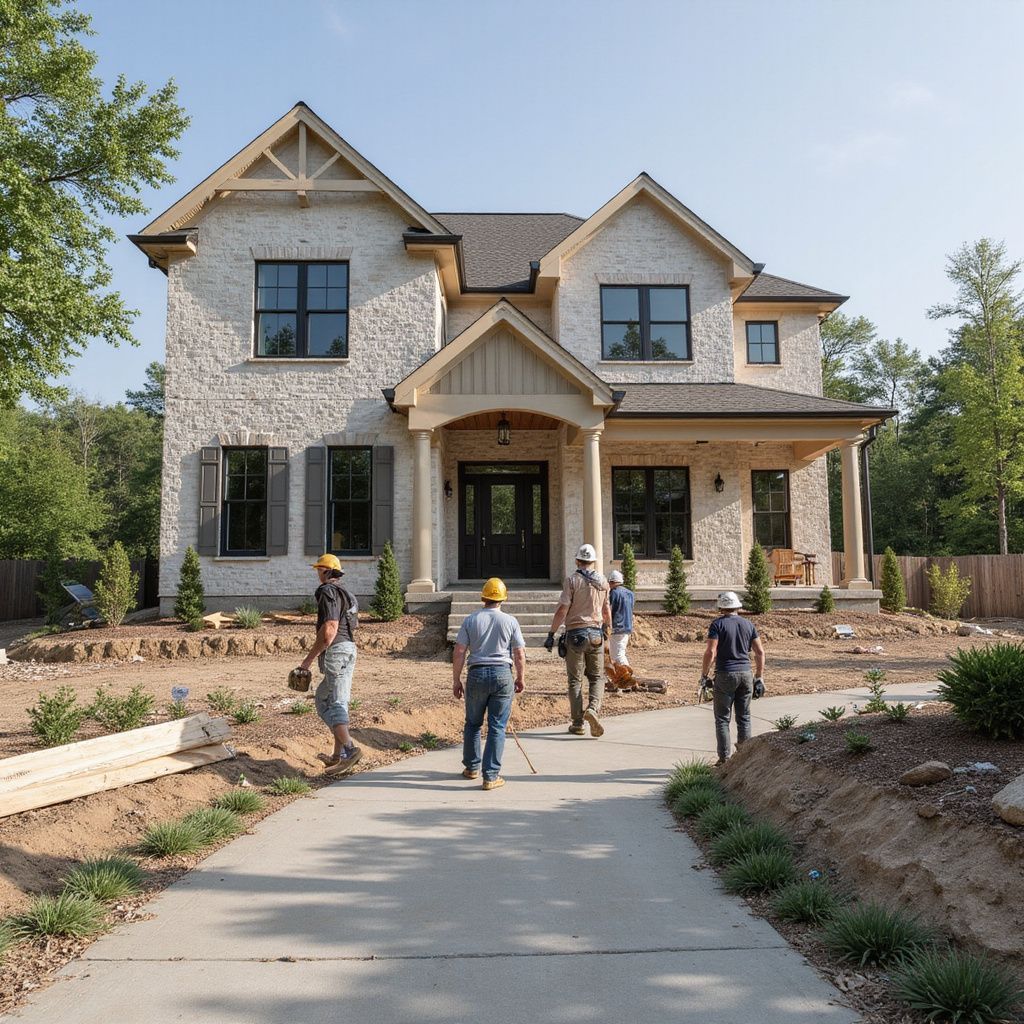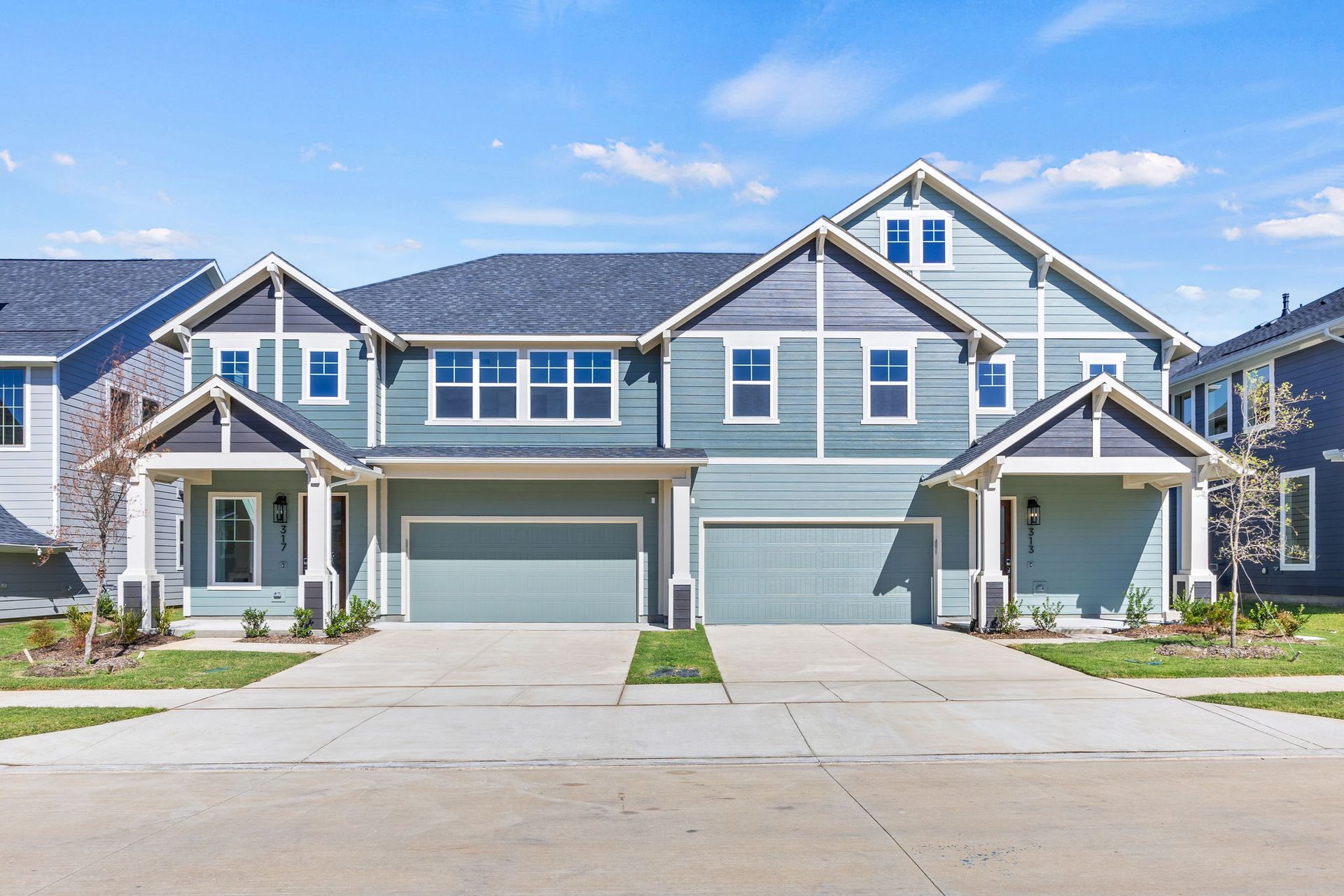Avoiding Common Pitfalls When Buying a New Home

Buying a home is one of the most exciting milestones in life. For many families, the idea of moving into a brand-new house, untouched and tailored to their lifestyle, feels like the ultimate reward for years of planning and saving. But as thrilling as the process may be, it can also bring challenges. Many buyers walk into the process without fully understanding the financial, legal, and practical steps that go into securing the right property. While the dream of owning a beautiful place from the wide selection of new homes for sale is achievable, avoiding costly mistakes is crucial.By approaching the process thoughtfully, you protect your investment, your peace of mind, and your family's future.
Underestimating the True Cost of Buying a Home
One of the biggest mistakes buyers make is underestimating how much a new home will actually cost. It is tempting to look only at the builder's base price, but that number rarely reflects the true expense. Features like upgraded finishes, premium lots, landscaping, and even essential appliances often come with additional charges. Buyers who fail to anticipate these extras may quickly find themselves over budget.
Beyond upgrades, there are also closing costs, moving expenses, and potential HOA fees to account for. While these may seem like small additions, together they can add up to thousands of dollars. Buyers exploring new homes for sale should always request a full breakdown of anticipated costs from their builder and lender. Setting aside a financial cushion not only prepares you for these added expenses but also helps you stay focused on what you can comfortably afford.
Skipping Builder and Developer Research
Another common pitfall comes from rushing into a purchase without researching the builder or developer. Not all new homes for sale are created equal, and the quality of construction can vary. Some buyers assume that because the home is new, it must be flawless, but that isn't always the case. A reputable builder brings experience, strong craftsmanship, and a history of satisfied customers. Choosing the wrong builder could result in costly repairs and long-term dissatisfaction.
It is worth investigating the builder's past communities, reading reviews, and even talking to homeowners who already live in the neighborhood. You should also review warranty coverage and ensure the builder is licensed and insured. Taking the time to confirm these details provides peace of mind and helps you feel confident about your investment. Olivia Clarke Homes, for example, is known for creating well-designed communities and thoughtfully built houses that stand the test of time—something every buyer should seek when comparing builders.
Misjudging Location and Neighborhood Factors
A beautiful house can lose its appeal if it is built in the wrong location. Too often, buyers focus so heavily on the home itself that they overlook the surrounding community. When exploring new homes for sale, location matters just as much as floorplans and finishes. A neighborhood's schools, commute times, amenities, and long-term development plans all play a role in determining whether a home will continue to be a good fit.
Future zoning changes, increased traffic, or noisy commercial projects nearby can drastically change the feel of a community. Buyers should visit the area at different times of day, check local city plans, and think about how their lifestyle aligns with the setting. Whether you value quiet suburban streets, easy access to shopping, or top-rated schools, choosing a location that matches your priorities is one of the most important steps in the buying process.
Making Mistakes With Financing
Financing is one of the most stressful aspects of buying a home, and it is also an area where many buyers make preventable mistakes. Some overextend themselves by committing to a mortgage that stretches their monthly budget too thin. Others only get pre-qualified rather than fully pre-approved, leaving them vulnerable to delays or surprises when it's time to close.
It is always wise to shop around for the best loan terms and interest rates. Even a small difference in rates can make a significant impact over the life of a loan. Locking in a favorable rate when the timing is right can also protect you from market fluctuations. According to the National Association of Realtors, 74% of all buyers financed their home purchase, highlighting just how important it is to secure the right mortgage. For most families, financing is not just a step in the process—it is the foundation of their ability to buy. Taking the time to understand different loan types, fees, and repayment structures helps ensure that the home you fall in love with is truly affordable for the long run.
Overlooking the Fine Print in Contracts
Contracts may feel intimidating, but ignoring the details can create major problems. Many buyers assume that the standard contract offered by a builder will automatically protect their interests. However, these documents often include contingencies, escalation clauses, and vague language that can create confusion later. Buyers should never rely on verbal promises or assume that everything discussed will appear in the agreement.
It is always best to carefully review every section of the contract, ideally with the help of an experienced real estate attorney. Understanding timelines, warranties, completion standards, and change order processes will keep you from facing unexpected disputes. Buying a home is too big of an investment to leave anything unclear, and reviewing the fine print ensures that your expectations and the builder's responsibilities are aligned.
Neglecting Inspections and Quality Checks
Many buyers believe that because they are purchasing a new home, an inspection is unnecessary. Unfortunately, even brand-new properties can have construction issues. From plumbing problems to foundation cracks or improper wiring, small oversights can become major headaches. Skipping inspections is a mistake that can cost thousands of dollars down the road.
Hiring an independent inspector who is familiar with new builds provides reassurance that the home has been constructed correctly. Conducting multiple walkthroughs during key stages of construction, such as framing and finishing, allows issues to be addressed early. Buyers exploring new homes for sale should think of inspections as part of their due diligence—an investment in the home's long-term quality and safety.
Misreading Market Timing
The real estate market is always changing, and buyers who ignore market trends can find themselves in less-than-ideal circumstances. Purchasing at the peak of rising prices or during a period of high interest rates can limit affordability and reduce future resale value. Similarly, buyers who assume construction timelines will stay perfectly on schedule may be caught off guard by unavoidable delays.
While no one can predict the market perfectly, it helps to understand local trends and set realistic expectations. New homes for sale in desirable areas tend to retain value, but being flexible about timing and mindful of interest rate shifts can make the process less stressful. Planning for contingencies—such as temporary housing in case of delays—keeps you from being caught off guard.
When browsing new homes for sale, remember that your goal is more than just ownership—it is long-term happiness and security. Olivia Clarke Homes is dedicated to helping buyers make confident, informed decisions, offering beautifully designed communities and high-quality craftsmanship that stand apart. With the right approach, you can avoid common missteps and move into a home that exceeds your expectations and supports your lifestyle for years to come. Contact our team at Olivia Clarke today to get started.












